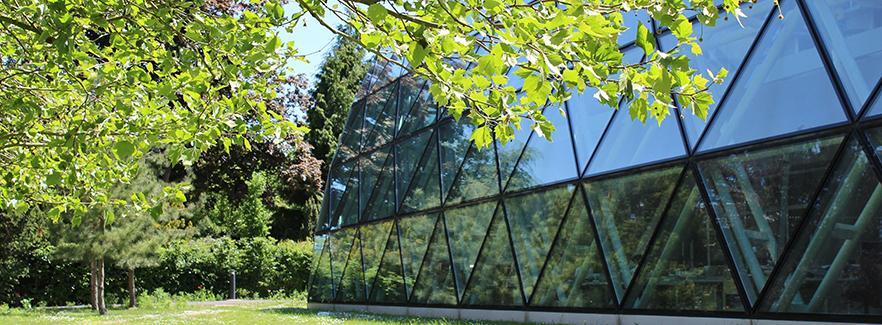
Qualifying as a Barrister or Solicitor
Solicitors
The process by which to qualify as a solicitor has changed. Those who started a qualifying Law degree before September 2021 may choose to qualify under the current system until 2032. As of September 2021, the academic requirement for an undergraduate degree in Law and vocational prerequisites (LPC) for qualification as a solicitor have been replaced. Rather, to qualify as a solicitor, students must complete an undergraduate degree in any subject or gain equivalent experience and write two Solicitors Qualifying Exams (SQE) which will test legal knowledge and vocational skills.
The substantive legal knowledge covered during Cambridge’s Law degree may have a good deal in common with that covered by at least some of SQE’s legal knowledge components. Nevertheless, at present, the University of Cambridge is not considered an accredited education training provider for the SQE, and therefore we cannot guarantee that our BA in Law would replace training courses for the SQE or any further preparation for the SQE at this time.
Barristers
The academic and vocational training requirements necessary to become a barrister have remained relatively unchanged. Aspiring barristers must still obtain an ‘appropriate degree’ in Law, or a non-law degree with a GDL or other accepted law conversion course. The Law course at Cambridge satisfies the requirements of the Bar Standards Board for students who elect to study study seven 'foundation subjects' over the course of their degree, which cover what the legal professions have identified as the seven 'foundations of legal knowledge' – the essential core of your legal knowledge should you wish to become a practising lawyer. These subjects are:
- Criminal Law;
- Law of Tort;
- Constitutional Law;
- Land Law;
- Contract Law;
- Equity;
- European Union Law.
Technically, the requirement of obtaining a ‘qualifying law degree’ was no longer required as of the 2019/20 academic year. However, to obtain an ‘appropriate degree’ in Law students must still obtain a Law degree that incorporates the study of the seven foundation papers and pass them. As such, completion of the seven foundation papers remains very important for those students who wish to qualify as barristers in England and Wales.
Alternatively, those who choose to pursue an undergraduate degree in a different subject would need to satisfy the academic stage for qualification as a barrister by completing the Graduate Diploma in Law (GDL) or its equivalent before proceeding to the vocational stage. The GDL is a one-year 'conversion course' that focuses on the seven foundation subjects. This option is not currently offered at Cambridge, but is available from a range of other providers.
After completing their academic requirements, aspiring barristers must also complete vocational and professional prequesites. For more information on the qualifications necessary to become a practicing barrister or solicitor, please visit the Solicitors Regulation Authority (SRA) and Bar Standards Board websites.
Why study Law then?
The Cambridge BA in Law has always been, from its inception centuries ago, an academic degree that provides the opportunity to explore the subject of law with great depth under the dedicated tutelage of leading legal scholars. The breadth of our course allows the curious to explore the law beyond the fundamental subjects to consider its interdisciplinary relationship with philosophy, economics, ethics, criminology, social policy, and history. In doing so, the Law Tripos enables students to explore the law in abstract as well as practical terms and encourages the cultivation of an astute and nuanced awareness of the importance of the law in underpinning and shaping our societies in the past, present and future, within and beyond our own nation state.
Our students develop invaluable skills in critical thinking, analysis, reasoning, persuasive writing, keen observation, and problem solving. They refine their abilities to read widely and select important information from a vast array of data, construct arguments in writing and though the cultivation of advocacy and public speaking skills, pay close attention to details and facts, utilise the power of rhetoric, and manage time in an organised manner. These skills will remain invaluable to the practice of law, regardless of the qualifications required, and prepare our graduates for a successful careers both within and without the legal profession.
Practicing Law Abroad
If you are interested in practicing Law outside the UK, you should note that the Law degree at Cambridge is an English Law degree, designed to give you the necessary foundation to practice Law in England and Wales.
The process to qualify as a lawyer varies from country to country. While the BA in Law at Cambridge is an internationally respected degree and can provide excellent preparation for the critical thinking required of a good lawyer in any country, it may be that further steps would be required for you to practise law in another country.
The Cambridge University Careers Service can provide help and guidance to navigating this process as a Cambridge student.

 Facebook
Facebook  Medium blog
Medium blog  Instagram
Instagram  YouTube
YouTube